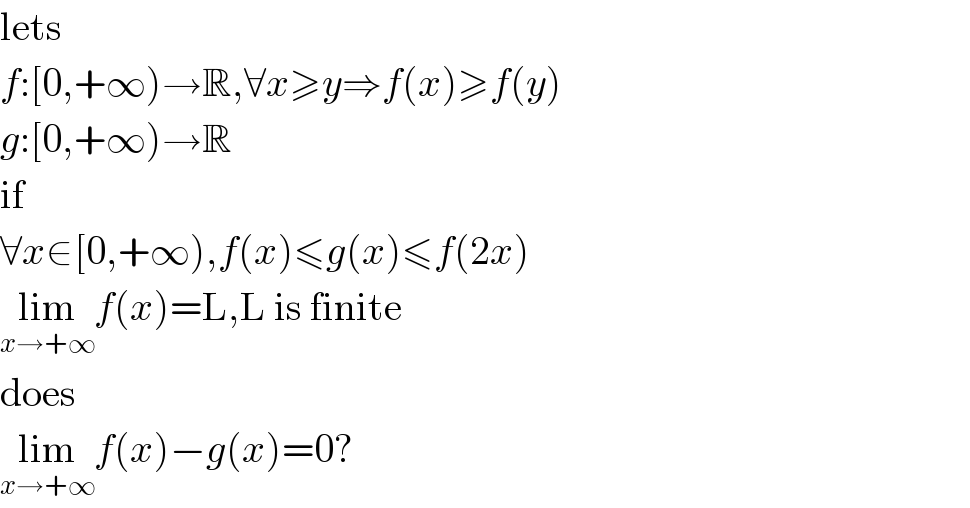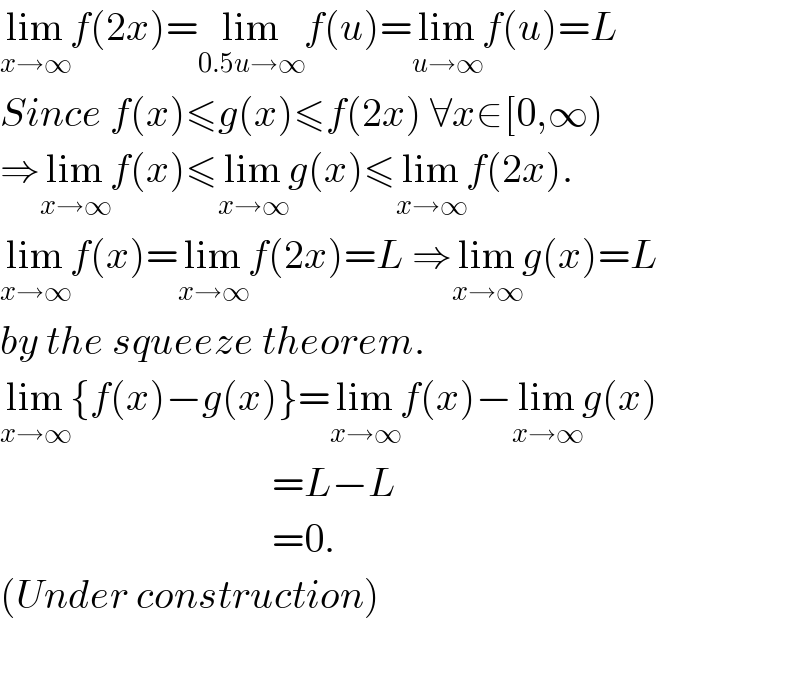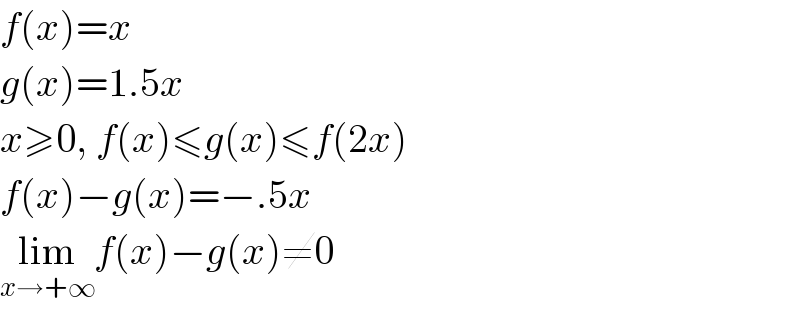Question Number 4297 by 123456 last updated on 07/Jan/16

Commented by Yozzii last updated on 08/Jan/16

Commented by prakash jain last updated on 08/Jan/16

Commented by Yozzii last updated on 08/Jan/16

Commented by prakash jain last updated on 08/Jan/16

Commented by prakash jain last updated on 08/Jan/16

